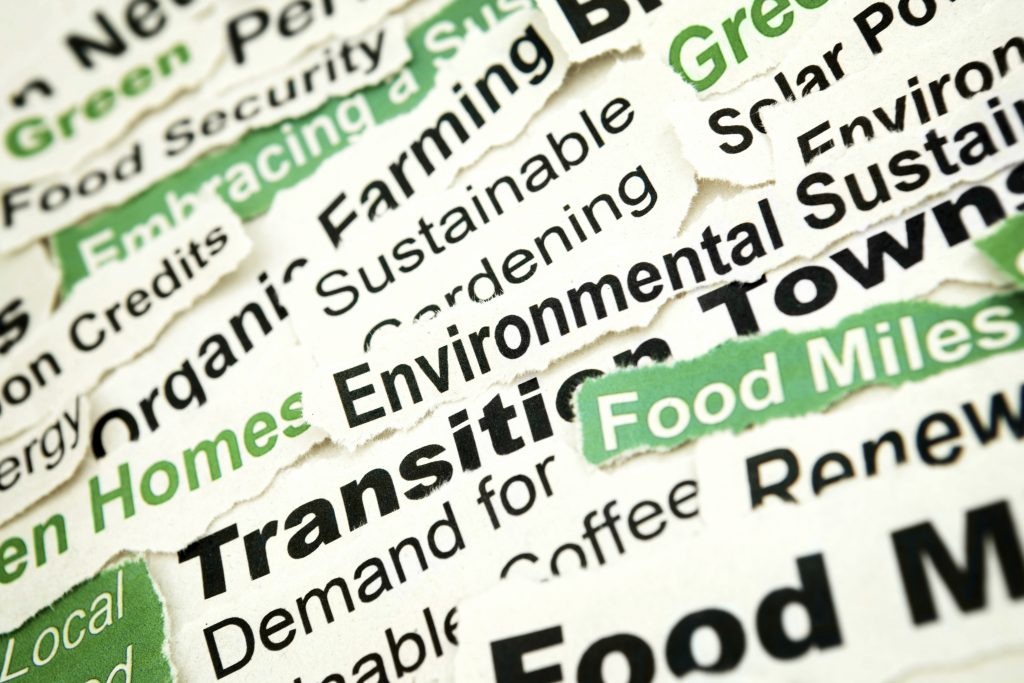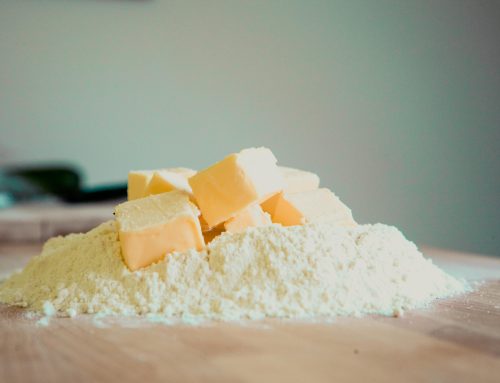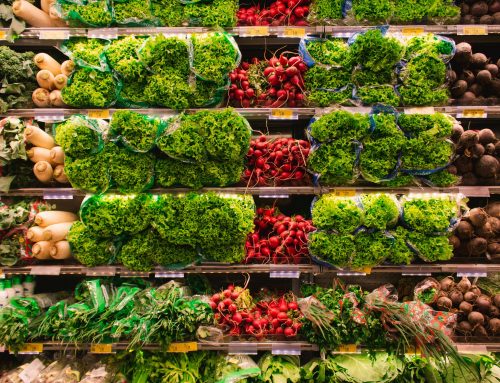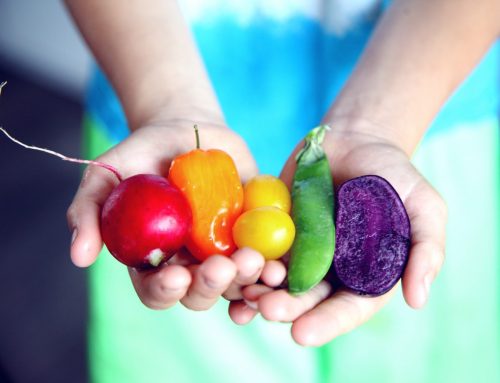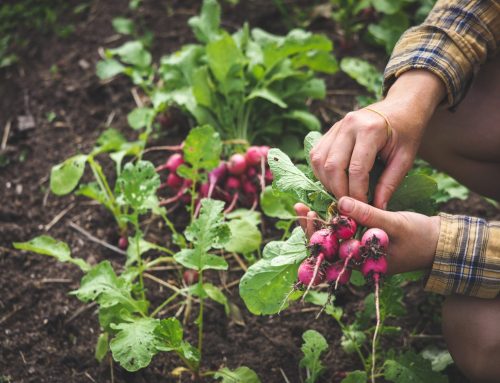AFSA’s initiative in advocating for a People’s Food Plan for Australia has been welcomed by Lolo Houbein, author of the book that has inspired thousands of Australians to grow some of their own food – One Magic Square. In this short article she explains how we lost our connection to food, and how we can rediscover it.
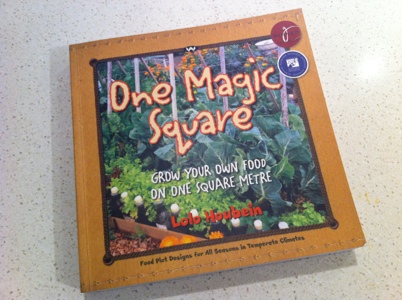 “The connection between food and consumers became progressively frayed, even broken, in the post World War Two years, leading to the growing health crisis we now see blowing out. Half a century ago most urban people still had a farm connection: parents, grandparents, an aunt and uncle, a rural place to visit in school holidays. With the decline of small and family farming came the 100% urban kids who did not know where food came from and how it grew, unless a school teacher fitted food knowledge into a busy curriculum.
“The connection between food and consumers became progressively frayed, even broken, in the post World War Two years, leading to the growing health crisis we now see blowing out. Half a century ago most urban people still had a farm connection: parents, grandparents, an aunt and uncle, a rural place to visit in school holidays. With the decline of small and family farming came the 100% urban kids who did not know where food came from and how it grew, unless a school teacher fitted food knowledge into a busy curriculum.
Much good work is now done in school gardens, with the help of teachers and parents, to put kids in touch with the origin of food again. What is needed also is that every child who learns to plant a seed in a school garden should have the opportunity to take that knowledge home and grow something in the backyard or in a box and pot on a verandah.
What is also urgently needed is that every adult who eats and talks about food, shops with attitude, and cooks like a chef should undertake to grow some food themselves to get back in touch with the origin of the food story. It’s very exciting. A salad box is a start, or a tiny plot of greens not available in shops (no shelf life), like silverbeet and kale. Or peas and chillies, please your tastebuds! Busy city professionals are now doing it, academics are doing it, the odd sports hero is into it. With over 5 million backyards on this continent, let’s turn them into green food bowls! Call yourself an urban farmer and mean it.
Do this and you repair the connection between yourself and the seed of the plants that you eat. It’s a world of powerful energy when that seed pops out a seedling that grows into something deep green and delicious. Happiness is a food plot (or pot)!”
